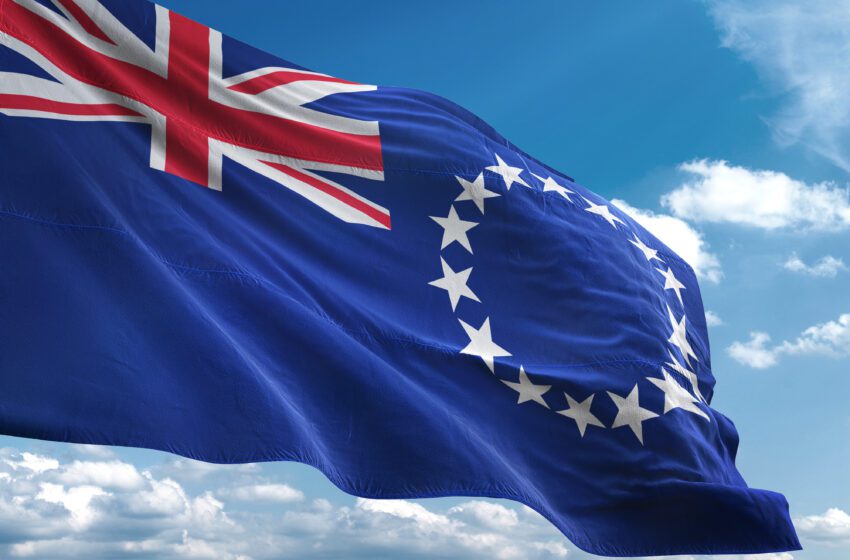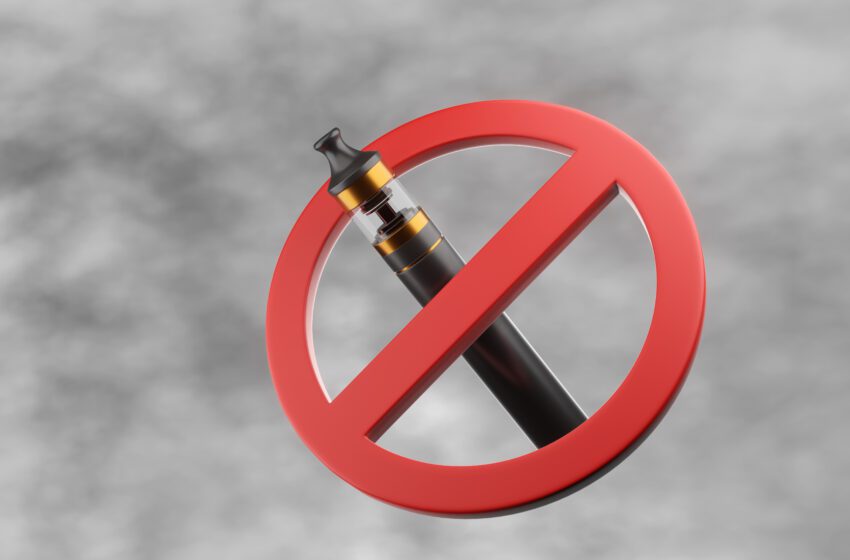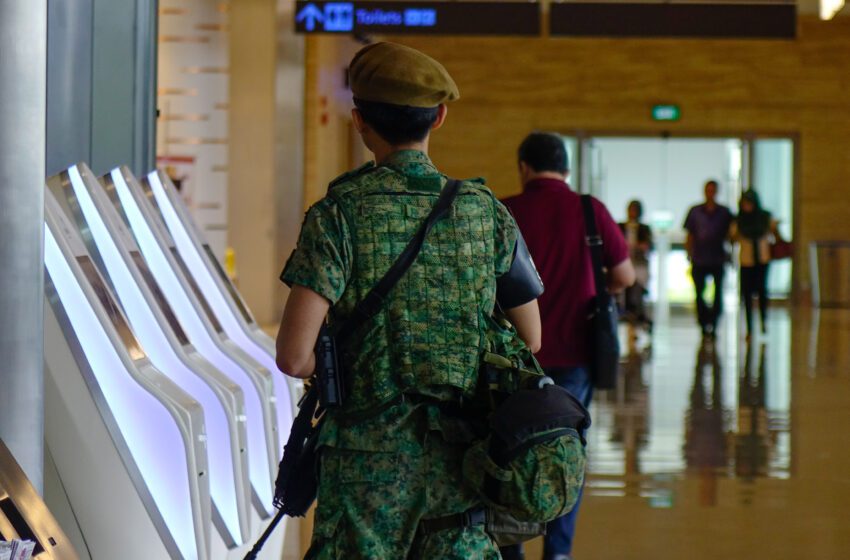
Hong Kong announced plans for a complete prohibition on e-cigarettes, citing a “consensus” on the necessity for action and their impact on the health of youth.
The move comes nearly two years after the city banned the import, manufacture and sale of e-cigarettes and heated tobacco products.
“We will fully ban all alternative smoking products,” Secretary for Health Lo Chung-mau said at a news conference, reports Barron’s.
Hong Kong already bans the possession of e-cigarettes “for commercial purposes,” and the latest proposal would extend the ban to retail buyers, even if they intended to smoke in private.
Under existing laws, anyone in Hong Kong who imports e-cigarettes can be punished by up to seven years in jail and a fine of HK$2 million ($256,000), while sellers and manufacturers can be jailed for up to six months.
“A blanket ban on alternative smoking [vaping and heat-not-burn] products has become a consensus in society … It is time to ban all forms of possession of alternative smoking products, including for personal use,” said Deputy Secretary for Health Eddie Lee.
City officials also announced other smoking curbs, including a ban on smoking while standing in line in outdoor public areas and sharing cigarettes with minors.
The government also proposed banning flavored tobacco. Lo said he hoped the e-cigarette ban and other proposals would be introduced to the legislature this year.



















